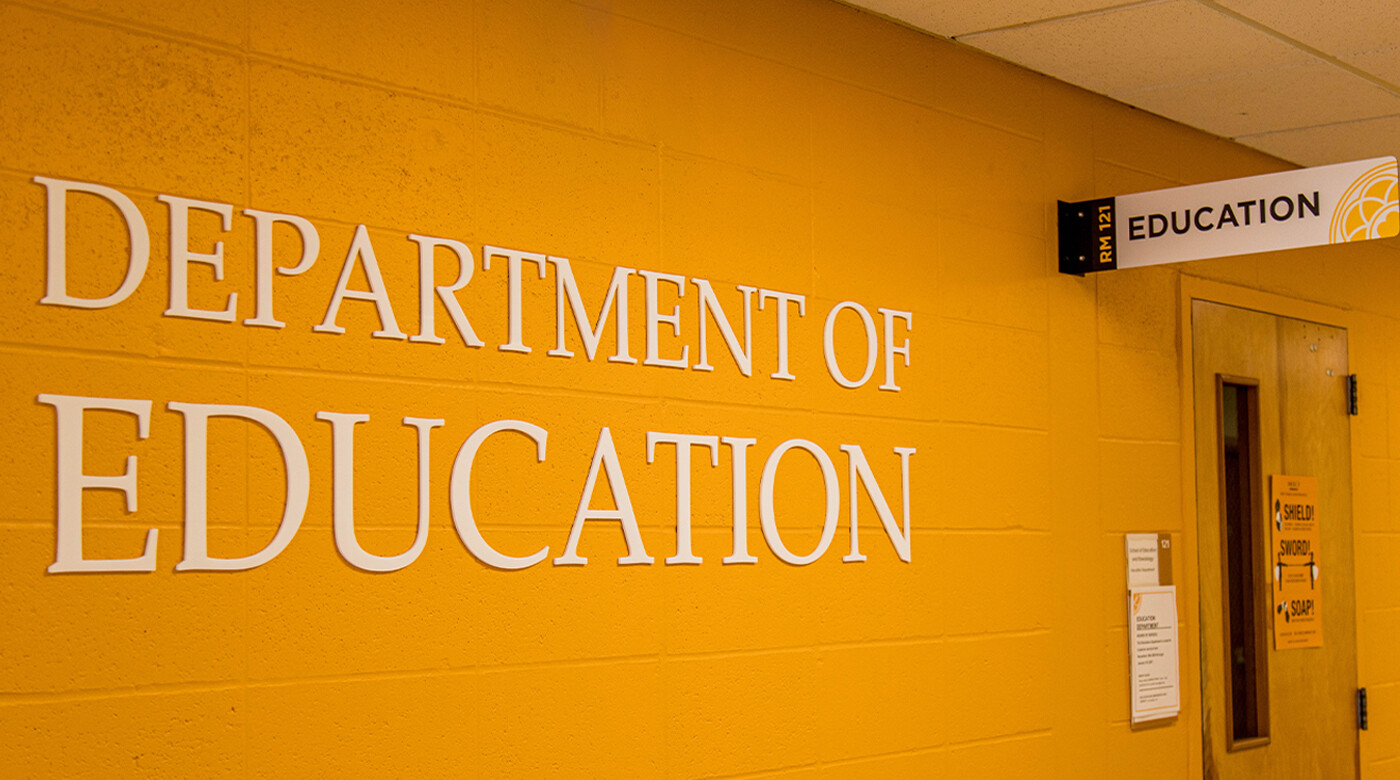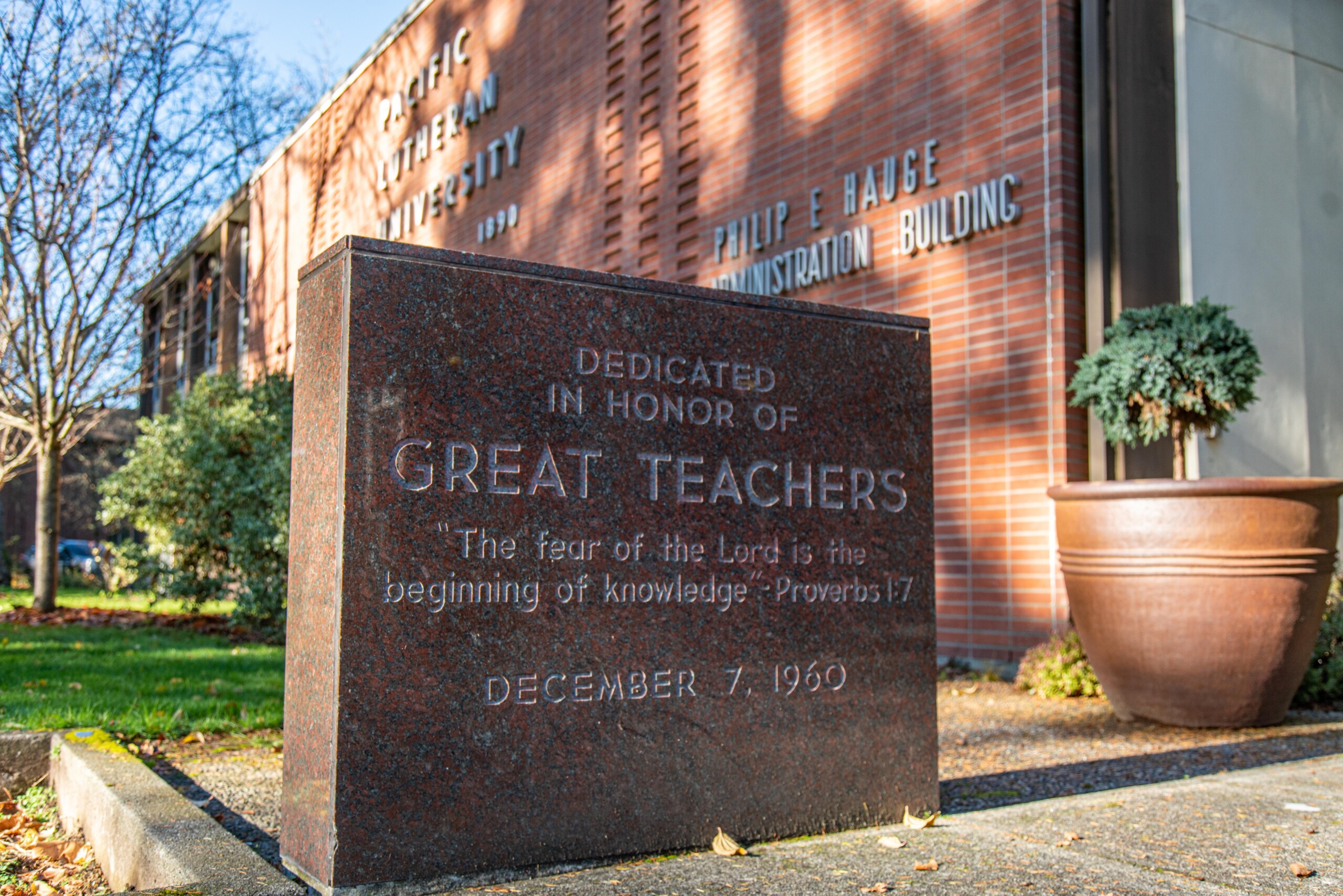Zooming for an Important Endorsement: How PLU is empowering teachers in Eastern Washington

By Lora Shinn
Marketing and Communications Guest Writer
Toppenish school district had long wanted district teachers to obtain an English Language Learners (ELL) endorsement to boost the district's inclusion model for English-language learners. The endorsement is added to a teacher's basic certification and allows them to be certified in English language learners and/or bilingual education. Toppenish SD has many English-language learners: 1393 youth qualify as ELL among 4774 full-time students. Or a little more than one-fourth of students.
“Our motivation was to not pull ELL kids out of a classroom, which comes with a stigma and missed opportunities for peer interaction and role modeling,” says Teri Martin, Federal Programs Director for Toppenish School District. Teachers wanted the opportunity to keep students in the classroom, teach language, and witness the growth themselves, she says. “To do that, we needed teachers endorsed.”
While most newly graduated teachers gained the endorsement as part of their graduate program, many teachers who’d been in the profession for 10 to 30 years didn’t have the endorsement. And teachers with an English Language Learners (ELL) endorsement are in high demand, as communities become more culturally and linguistically diverse. Pacific Lutheran University’s course teaches how to apply research-based strategies for successful instruction, apply principles of language acquisition, understand the impact of culture and language on students, and effectively evaluate standards and student performance for increased academic achievement.
But gathering a cohort of 15 students to travel to PLU for evening and weekend instruction seemed impossible. If teachers wanted to independently pursue an endorsement, they’d have to travel to Central Washington University or WSU extension in the Tri-Cities for affordable programs.
“What happened was Covid,” Martin says. “When the government shut down schools, and we were all on stay-at-home orders, we found ourselves with time and flexibility we usually don’t have.” Due to pandemic scheduling, teachers had reduced instructional time, and teacher-parents didn’t have to manage their own children’s schooling and extracurriculars.
Toppenish reached out to PLU’s Dr. Tricia Valdez-Zontek to put together a virtual opportunity. The district used Title 3 money to cover most costs, so teachers had to pay for very little—mainly registration and testing.
An astounding 52 teachers enrolled in the endorsement program, which took place in the spring and summer of 2020. Instructors attended class Monday through Thursday from 8 AM to 12 PM—what would typically be in-school hours—and then taught children in the afternoons.
Employee Amanda Pettijohn, 33, enrolled in the ELL endorsement. She’s taught in public schools for 7 years, lives in Yakima, and was in her first year as an instructional coach for the Toppenish SD, working with teachers to improve their instructional practices.
In class, she learned how to plan lessons to address differing language abilities based on student data and various strategies for students learning English.
“I wanted to be able to support my staff and students,” Pettijohn says. “The course provided many practical strategies that could be immediately applied to benefit ELL students.”
For example, Pettijohn worked with other coaches to create “anchor charts”—wall posters providing information through text and graphics.
Pettijohn also created guides encouraging teachers to use Spanish cognates when introducing new vocabulary to the class. She says a teacher might say: “Today we are learning about centimeters. The cognate to centimeters is centimetro. Let’s say those together, centimeter, centimetro.”
The ELL Endorsement program started in the Kent school district three years ago, and PLU has also trained teachers in Renton School District. Frequently, PLU’s ELL endorsement is offered either over three semesters in partnership with school districts or in an intensive, summer-only session on campus—which can be challenging to access for teachers located far from Tacoma.
“The ELL endorsement is important because it’s considered a high-needs area, and we have a lot of dual-language students, a population that has been marginalized,” says Teah Bergstrom, director of partnerships and professional development in the PLU Department of Education.
“For students to be successful, the endorsement is a good opportunity for teachers to gain skills, whether they’re teaching in a fully bilingual classroom, or using their skills in a traditional classroom to help bilingual students.”
“The virtual format has allowed more opportunity,” Bergstrom says, as evidenced by Toppenish. A new cohort made up of five different Yakima Valley districts will soon embark on their ELL endorsement journey—also on Zoom.




